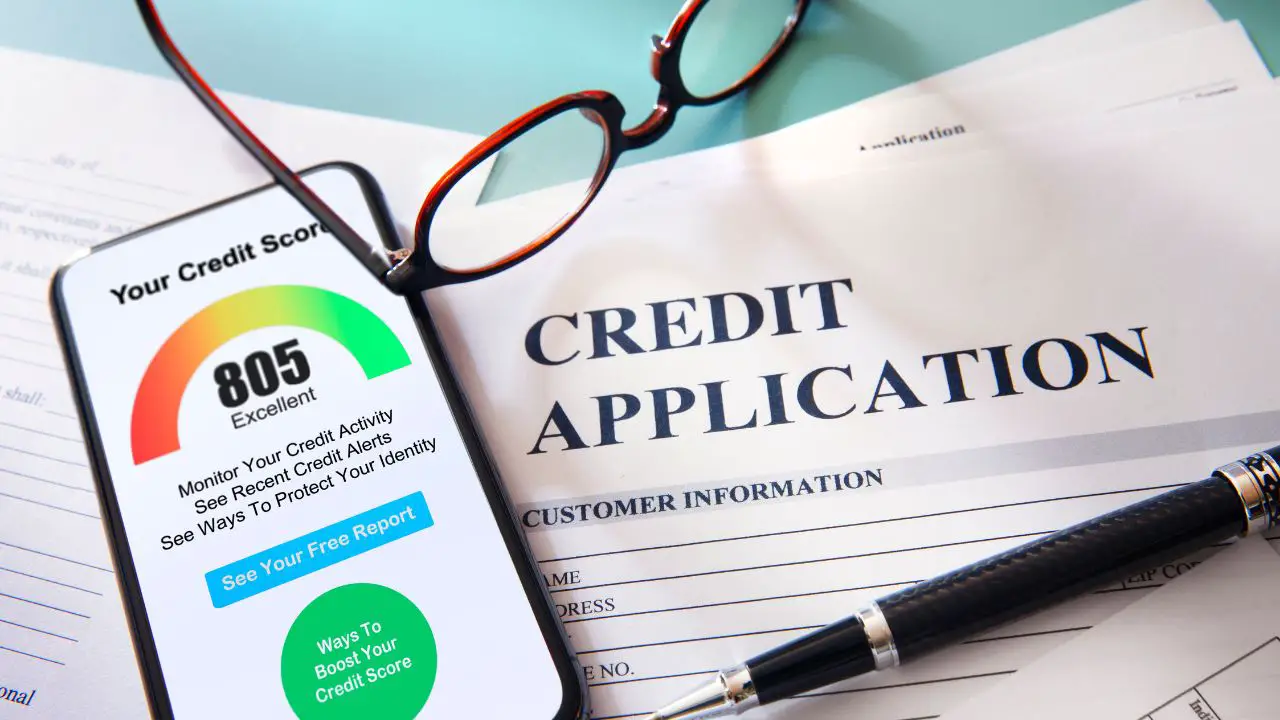If you’re looking to improve your credit score or establish a credit history, a secured credit card can be an excellent way to do so. Unlike traditional unsecured cards, which are often difficult for those with poor or no credit to obtain, secured cards require a cash deposit that serves as collateral for the credit limit.
But just how much can a secured credit card raise your credit score? In this article, we’ll examine the advantages of utilizing a secured card and closely examine its ability to support the development and enhancement of your credit. Let’s begin!
Understanding Secured Credit Cards
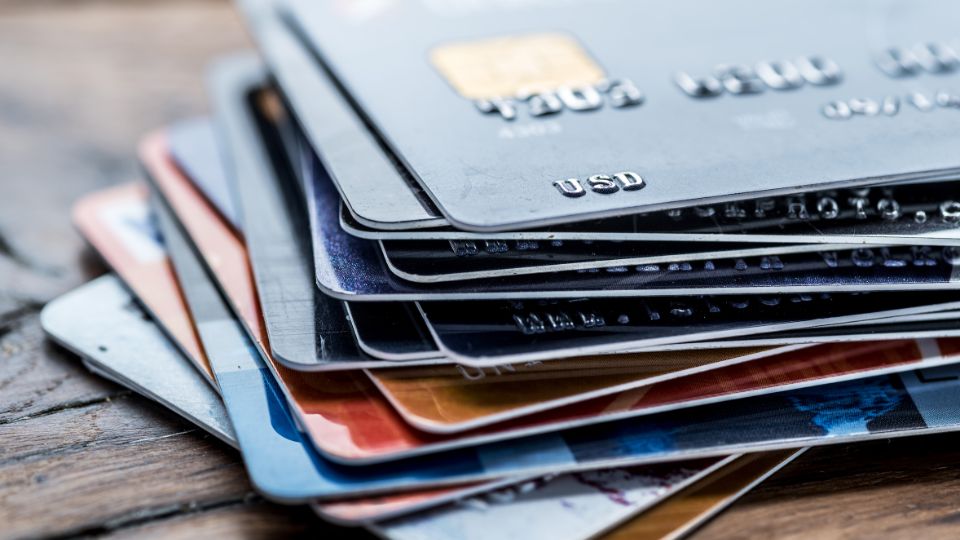
Credit cards that need a cash deposit as security are called secured credit cards, and they operate like unsecured credit cards, except for the deposit.
Definition Of Secured Credit Cards
Secured credit cards necessitate a security deposit and employ it to determine your credit limit. This is to assure that the issuer can recover their losses if you default on your balance. In contrast to unsecured cards, secured credit cards have lower interest rates and fees, making them an attractive choice for those looking to establish or rebuild their credit history.
The main difference between new secured credit cards and unsecured cards is the absence of a security deposit requirement in unsecured cards. With unsecured cards, lenders rely on the trustworthiness of borrowers to repay their debts on time. Conversely, lenders may be more inclined to approve individuals with low or no credit scores for secured cards since they possess some form of collateral in the event of nonpayment. It is crucial to keep in mind that using a secured card may enhance your credit score over time, but it does not guarantee approval for other financial products or loans in the future.
How Do They work?
Secured credit cards work by requiring a cash deposit that serves as collateral for the credit limit. Essentially, you’re borrowing against your own money. The amount of the cash deposit usually determines your credit limit, and it’s typically equal to or less than the deposited amount. As you use your secured card responsibly and make timely payments, some issuers may increase your credit limit without requesting additional deposits.
Using a secured card resembles using an unsecured card in multiple ways. You may utilize it for online and in-store purchases, ATM withdrawals (though this is commonly not recommended due to steep fees), and paying bills like any other credit card. Nonetheless, because collateral is required upfront, there is a lower risk for creditors with a secured card when compared to an unsecured card – thus, making them more obtainable if you possess a limited or unfavorable credit history.
Differences From Unsecured Credit Cards
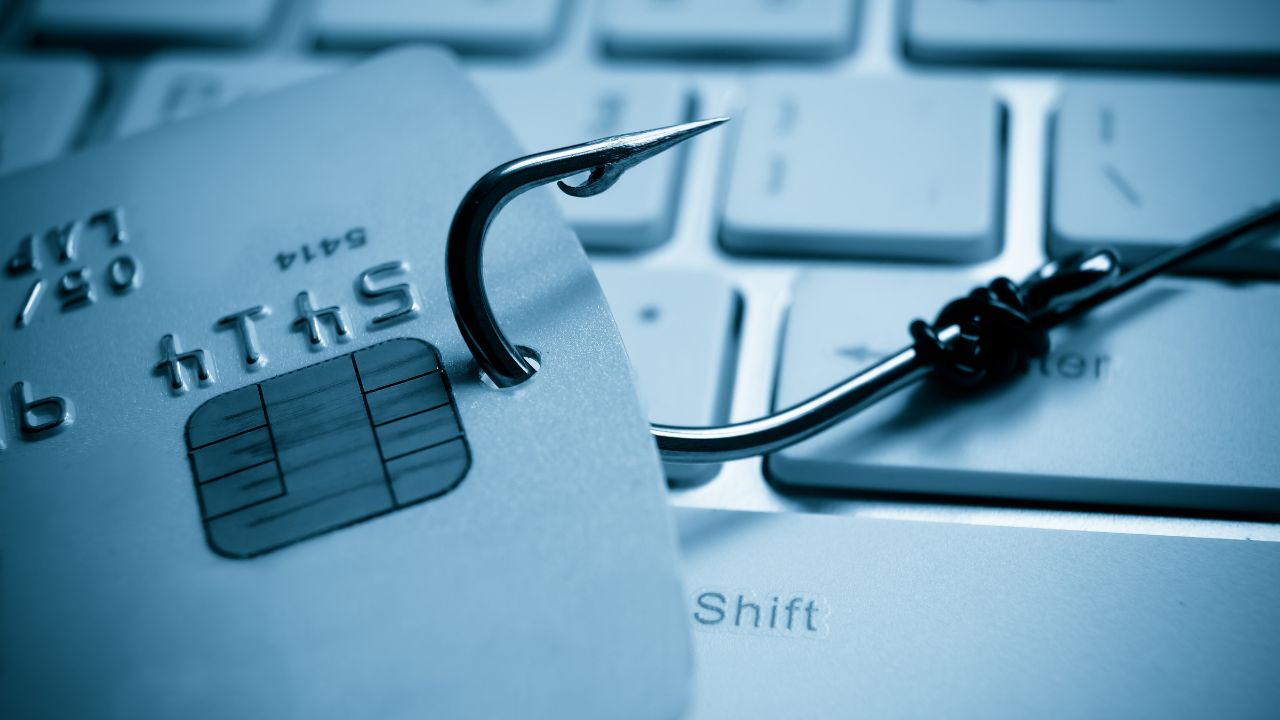
Secured credit cards differ from unsecured credit cards in a few key ways. Firstly, secured cards require a cash deposit upfront that serves as collateral for the credit limit while unsecured ones don’t. Secondly, secured cards are meant to help people with poor or no credit history build their scores back up, while unsecured ones are designed for people with established good credit. Finally, secured card issuers tend to have stricter approval criteria and annual fees than unsecured card issuers.
Another difference between the two types of cards is the availability of rewards programs – most secured cards do not offer these perks due to their focus on building/rebuilding credit, whereas many unsecured offerings come packed with rewards like cashback or points bonuses.
In the end, it is crucial to evaluate your choices and determine the card type that aligns with your financial objectives. If your goal is to develop positive habits and enhance your credit score, a secured card might be more desirable. On the other hand, if you already possess sound financials, an unsecured option could be a better fit for your requirements.
7 Best Secured Credit Cards
Secured credit cards are an excellent way to build credit or raise your credit score. With a secured credit card, you put down a deposit, which becomes your credit limit. This deposit protects the issuer in case you are unable to pay your bill. The good news is that if you use your secured credit card responsibly, you can improve your credit and eventually qualify for an unsecured card with better terms. Here are the 7 best secured credit cards to build credit:
- Discover it Secured Credit Card
- Capital One Secured Mastercard
- Citi Secured Mastercard
- OpenSky Secured Visa Credit Card
- Bank of America Secured Credit Card
- Secured Mastercard from Merrick Bank
- Wells Fargo Secured Credit Card
Each of these cards offers unique features and benefits, such as cashback rewards and free credit score monitoring. So, choose the secured credit card to build your credit that best fits your needs, and start improving your credit today!
Benefits Of Using A Secured Credit Card
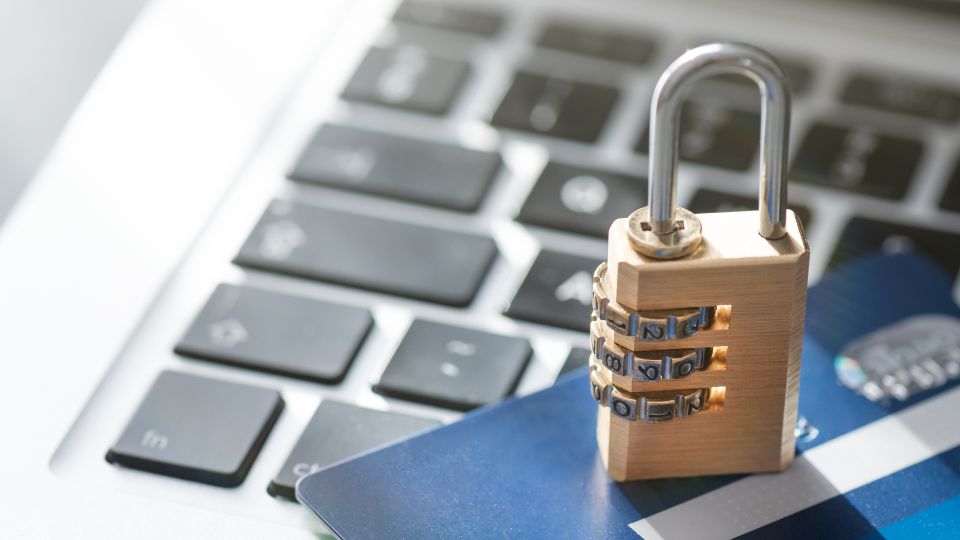
Using a secured credit card offers benefits such as building credit history, improving credit score, and accessing credit.
Building Credit History
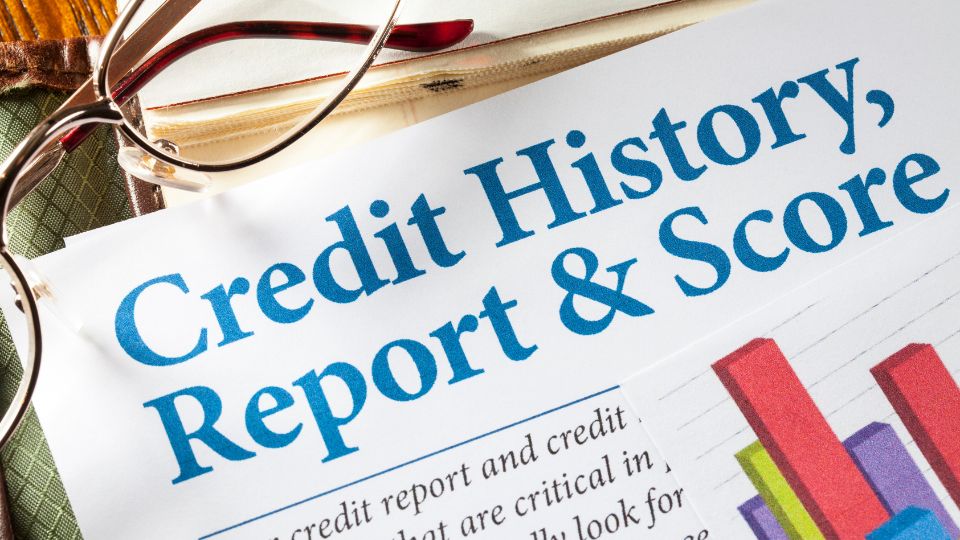
Establishing a strong financial foundation requires building a credit history, which can be achieved by using a secured credit card. This type of card enables the cardholder to enhance their credit score while making purchases. Utilizing a secured credit card can be especially advantageous for those without any prior credit history or with poor credit that requires reconstruction. Demonstrating responsible borrowing habits by making timely payments can assist in gradually increasing one’s credit score. However, it is crucial to keep in mind that forming positive financial habits takes time, and patience is necessary when striving to improve overall financial well-being.
Improving Credit Score
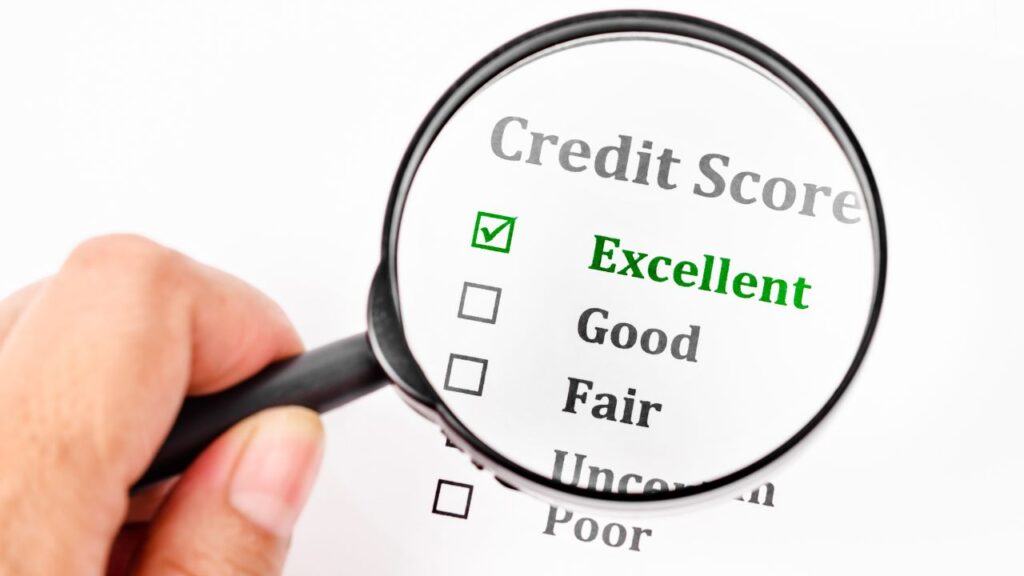
One of the most significant benefits of using a secured credit card is its potential for improving your credit score. This is because secured cards are designed to help people with poor or no credit build a positive payment history. By making on-time payments, you can demonstrate responsible financial behavior and boost your score over time.
In addition to establishing a good payment history, another way that a secured credit card can improve your credit score is by reducing your overall credit utilization ratio. This ratio measures the amount of available credit you’re currently using compared to how much you have available. A lower utilization rate shows lenders that you’re not relying too heavily on borrowed funds, which makes you less risky as a borrower and improves your overall creditworthiness.
Accessing Credit
Using a secured credit card provides access to credit, making it a valuable option. Unlike a debit card, a secured credit card permits borrowing and repaying funds gradually. This is particularly useful if your credit history is poor or nonexistent and you don’t qualify for an unsecured card.
By using a secured credit card carefully, you can establish a credit history and potentially advance to an unsecured card with better conditions. It’s vital to bear in mind that while using a secured card for credit may be simpler than other alternatives, responsible borrowing behaviors remain vital for maintaining sound financial well-being.
How Can A Secured Credit Card Increase Your Credit Score?
A secured credit card can increase your credit score by improving your credit utilization ratio, building a positive payment history, and increasing your overall credit limit.
Improving Credit Utilization Ratio
One of the most significant factors affecting your credit score is your credit utilization ratio. This refers to the amount of credit you’re using versus how much available credit you have. Using too much of your available credit can negatively impact your score while keeping a low balance can help improve it.
A secured credit card can be an effective tool for improving your credit utilization ratio since it offers a set limit that’s usually based on the amount of cash collateral you’ve deposited. Keep into account that experts suggest using no more than 30% of this limit at any given time in order to maintain a good ratio and avoid damaging effects on your score.
By consistently paying off balances and maintaining a low utilization rate with a secured card, you’ll show lenders that you’re responsible with borrowing and capable of handling larger amounts of available revolving credit in the future.
Building A Positive Payment History
One of the primary benefits of using a secured credit card is that it can help you build a positive payment history. This means consistently making on-time payments, which demonstrates to lenders and credit bureaus that you are responsible for credit. Your payment history accounts for 35% of your FICO score, so building a solid track record with your secured card can have a significant impact on your overall credit score.
To maximize the benefit of building a positive payment history, it’s crucial to pay off your balance in full each month. Doing so not only helps you avoid interest charges but also keeps your utilization ratio low. Utilization ratio refers to how much of your available credit limit you’re using at any given time and accounts for 30% of your FICO score. A low utilization ratio shows creditors that you’re not relying too heavily on borrowed funds and could lead to an increase in your credit score over time.
Increasing Overall Credit Limit
Increasing the credit limit on a secured credit card can help improve your credit score. This is because it can lower your overall credit utilization ratio, which is the amount of available credit you’re currently using.
Having a higher limit also means that you have more available funds to use, which can be useful in emergency situations. However, it’s important to still keep balances low and pay bills on time to avoid accumulating debt and damaging your score.
Factors That Determine Your Credit Score Increase
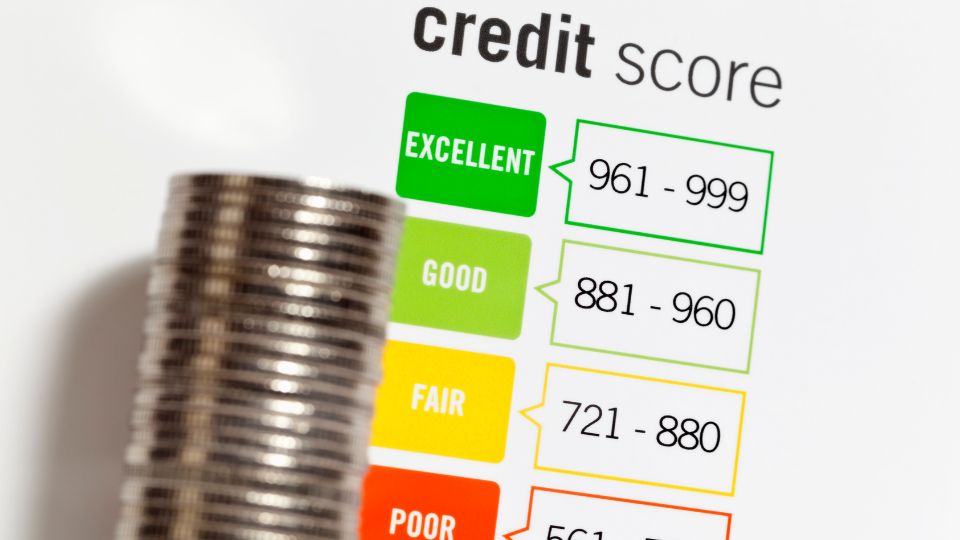
The increase in your credit score is determined by multiple factors, such as your payment history, credit utilization ratio, credit history length, and credit type mix.
Payment History
One of the most critical factors that determine your credit score increase when using a secured credit card is your payment history. Paying on time every month can significantly improve your credit score and establish a positive record in your credit report. Late or missed payments, however, can have severe negative impacts on your score and undo the hard work you’ve done to rebuild it.
It’s essential to remember that even one late payment could hurt your credit score with a secured card. To avoid this, set up automatic payments or reminders to ensure you never forget to make timely payments. Building a solid payment history takes time but is crucial for improving and maintaining good credit health.
Credit Utilization Ratio
The credit utilization ratio is the amount of credit being used compared to your overall available credit. This ratio plays a significant role in determining your credit score, which makes it crucial to understand when using a secured credit card. Keeping balances low and not maxing out your card can help improve this ratio and ultimately increase your credit score.
In general, experts recommend keeping your credit utilization ratio below 30%. For example, if you have a $1,000 limit on your secured card, try to keep the balance under $300. By doing so, you’ll show creditors that you’re responsible with your available credit and can handle regular monthly payments without accruing too much debt. Remember that maintaining good borrowing habits is key in establishing positive payment history and boosting up one’s score over time.
Length Of Credit History
The duration of your credit history is a crucial element that impacts your credit score. In general, a longer credit history indicates more stability and reliability when it comes to payments. This means that individuals who have been using credit for a long time are considered less risky borrowers than those who are relatively new to building their credit.
Continuously maintaining a responsible use of a secured card over time can help improve your overall length of credit history, which may lead to an improvement in your credit score. However, keep in mind that canceling old accounts could shorten the average age of your accounts and potentially affect your scores negatively as well. Therefore, it’s wise to weigh the pros and cons before making any drastic changes to the accounts you already have open.
Credit Mix
Credit mix is another factor that determines your credit score increase when using a secured credit card. Lenders like to see that you can handle different types of credit, such as installment loans and revolving credit. Having a good balance of both can help improve your score.
While having multiple types of credit can help, it’s important not to open new accounts just for the sake of improving your mix. Only apply for new credit when necessary and make sure it aligns with your financial goals. Responsible use of a secured credit card can be an effective way to diversify your credit mix and improve your overall score over time.
Case Studies On How Secured Credit Cards Helped Increase Credit Scores
Read about real-life examples of how using a secured credit card improved credit scores, and learn from their experiences to help you achieve your financial goals.
Real-life Examples Of How Using A Secured Credit Card Improved Credit Scores
Many individuals have seen significant improvements in their credit scores after using secured credit cards responsibly. For instance, one person who opened a secured card and always paid the balance on time saw their score increase by over 100 points within six months. Another individual with a low credit score was able to improve it by regularly using and paying off their secured card.
In another case, someone who had no previous credit history was able to establish good credit habits and build a positive payment history through the consistent use of a secured card. As a result, they were eventually approved for an unsecured card with higher limits and more benefits. These real-life examples highlight how using secure cards can be an effective method for improving your credit score and establishing better financial standing overall.
Tips For Maximizing Your Credit Score Increase With A Secured Credit Card

To ensure you get the most out of your secured credit card, we have provided essential tips such as keeping balances low, paying bills on time, monitoring your credit report, and being careful when applying for credit. Read on to discover how these tips could help improve your credit score.
Keeping Balances Low
Keeping balances low while using a secured credit card is crucial. To achieve this, it’s recommended not to exceed 30% of the available credit limit. Elevated balances have a detrimental effect on the credit score and may result in a higher interest rate. To maintain low balances, one approach is to make minor purchases using the card every month and then settle the outstanding amount in full before the due date. This will establish a positive payment history and ensure a low utilization ratio. Besides, it’s essential to steer clear of carrying high balances from one month to another, which can cause long-term debt and financial strain.
Paying Bills On Time
One of the most important habits to develop when using a secured credit card is paying your bills on time. Your payment history is one of the biggest factors that determine your credit score, and consistently meeting due dates will help establish a positive pattern. Late payments can negatively impact your score and stay on your credit report for up to seven years.
By making timely payments, you’ll also avoid late fees and potentially higher interest rates. It’s crucial to pay at least the minimum balance each month, but ideally, aim to pay off the entire statement balance in full. Doing so not only helps boost your score but also shows creditors that you’re responsible with debt management which could increase your chances of getting approved for an unsecured credit card in the future.
Being Careful When Applying For Credit
When applying for credit, it’s crucial to exercise caution regarding the number of applications you submit. Submitting a large number of applications can harm your credit score because each application is recorded in your credit history. Multiple applications in a short period might suggest to lenders that you are not managing your finances properly.
Furthermore, it’s important to apply for credit products that match your current financial status and needs. Applying for products that you cannot afford or qualify for may result in rejections, which can negatively impact your credit score. Additionally, borrowing too much debt can increase the likelihood of defaulting on payments, causing further damage to your credit scores.
Monitoring Your Credit Report
It’s essential to monitor your credit report regularly, especially when using a secured credit card. This helps you detect any errors or fraudulent activities that may harm your credit score. You’re entitled to get a free copy of your credit reports from the three major bureaus every year, so take advantage of this.
When checking your credit report, look for any missed payments or delinquencies reported by lenders. These negative marks can significantly hurt your score and affect your chances of getting approved for future loans or credits. If you find any errors on your report, contact the creditor or bureau immediately to dispute it and have it corrected as soon as possible.
Misconceptions About Secured Credit Cards And Credit Scores
There are several common myths surrounding secured credit cards and their impact on credit scores, such as the idea that using one will lower your score or that you must have a low credit score to qualify for one.
Common Myths About Secured Credit Cards And Credit Scores
Myth #1: A secured credit card is the same as a prepaid debit card.
Fact: While both require an upfront cash deposit, a secured credit card works to build your credit history and improve your score. You can use it just like a regular credit card and must pay back the balance by the due date each month. On the other hand, a prepaid debit card is not reported to credit bureaus and has no impact on your credit score.
Myth #2: Using a secured credit card will damage my credit score.
Fact: As long as you use your secured credit card responsibly – paying on time, keeping balances low, and avoiding excessive applications for other forms of credit – it can actually help improve your overall score. In fact, making timely payments regularly builds positive payment history which accounts for 35% of one’s FICO Score calculation.
Can I Add More Money To My Secured Credit Card?
Yes, you can usually add more money to your secured credit card. This is because the cash deposit used as collateral for a secured credit card is typically refundable and you can often put down additional deposits to increase your credit limit. However, it’s important to note that not all issuers allow this and some may have restrictions or fees associated with adding more money.
Increasing the amount of money on a secured credit card can be especially helpful in building up positive payment history and improving your credit utilization ratio. It may also potentially help improve your overall credit score by increasing your available credit limit. Just remember to use the additional funds responsibly and pay off any balances in full each month to see optimal results.
Overall, being able to add more money to a secured credit card gives individuals greater flexibility in managing their finances while also working towards improving their overall financial health. However, it’s important to check with your specific issuer about their policies regarding adding extra deposits before making any changes.
Why Can’t I Get Approved For A Secured Credit Card?
There could be a few reasons why you’re having trouble getting approved for a secured credit card. One possibility is that your credit score is too low or nonexistent, which makes you seem like too much of a risk to the card issuer. Another reason might be that you don’t have enough income or employment history to support payments on the card.
It’s also possible that there are errors or inaccuracies on your credit report that are causing issues with approval. Make sure to check your report regularly and dispute any errors with the three major credit bureaus if necessary.
Lastly, some issuers may require additional documentation such as proof of identification, address verification, or even bank statements before approving an application for a secured credit card. Be sure to have all necessary paperwork readily available when applying and follow up with the issuer if needed.
Will Increasing My Secured Credit Card Limit Help My Credit Score?
Increasing the credit limit on your secured credit card can potentially help improve your credit score. This is because a higher credit limit reduces your overall utilization rate, which is the amount of available credit you’re using. A lower utilization rate signals lenders that you’re not relying too heavily on borrowed funds and can manage your finances responsibly.
However, it’s important to note that increasing your secured credit card limit may also result in a hard inquiry on your credit report. This means that potential lenders or creditors will see that you’ve recently applied for more available credit, which could slightly lower your score. Additionally, if increasing your limit leads to overspending and carrying a high balance, this could have a negative impact on your score as well.
Overall, while increasing the limit of a secured card has its benefits for improving scores by lowering utilization rates, it’s essential to use the additional available credit wisely and pay bills consistently to maximize positive effects on one’s score without getting into debt trouble.
Secured Credit Cards Can Help Improve Your Credit Score, But How Much Do They Really Help?
Secured credit cards are a great tool to improve your credit score. They work by requiring you to deposit money upfront as collateral and then giving you a line of credit that is equal to, or sometimes a little more than, the amount of your deposit. By using the card responsibly, you can boost your credit score over time. How much your credit score improves depends on several factors, such as the amount of your deposit, your credit utilization ratio, and how much positive information is added to your credit report. The latter is an important factor to keep in mind, as some secured cards may not report to all credit bureaus. If you use the card properly and make timely payments, the deposit will be returned to you after a period of time, but the positive information on your credit report will remain on your credit for a long time. In sum, using a secured card to improve your credit requires financial discipline, but the payoff can be well worth it.
Conclusion
If you want to improve your credit, consider using a secured credit card. Use it responsibly and make timely payments each month to enhance your credit utilization ratio, establish a positive payment history, and potentially raise your overall credit limit. While there are no assurances about how much a secured card will improve your score, diligent usage and patience can lead to gradual enhancements over time. Additionally, ensure that you monitor your credit report and utilize a secured card as a component of a comprehensive plan to enhance your credit health.

